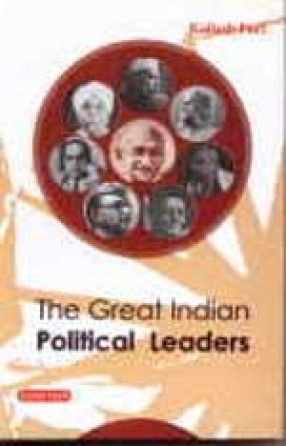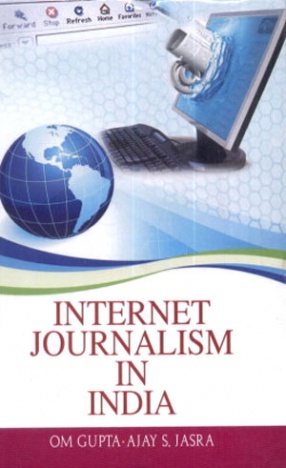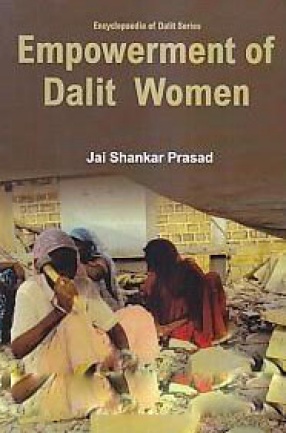Real national executive power is centered in the Council of Ministers, the Union Cabinet, led by the Prime Minister of India, who is the Head of Government. The President appoints the Prime Minister, who is the designated leader of the political party or coalition commanding parliamentary majority. All Central Government decisions are nominally taken in the name of the president. The Ministers may be of 3 types – Cabinet Minister, Minister of State (independent charge) and Deputy Ministers, in order of seniority. Cabinet Ministers and ministers of state with independent charge may usually attend Cabinet meetings. The North Block situated at Raisina Hill, Delhi Houses Finance and Home Ministries and Department of Personnel and Training (Ministry of Personnel, Public Grievances and Pensions). The day to day enforcement and administration of national laws lies in the hands of the various Federal Union Ministries and Departments, created by the Indian Parliament to deal with specific areas of national and international affairs. In matters delegated to the states, ministries act in advisory and funding capacity.
The Great Indian Political Leaders
In stock
Free & Quick Delivery Worldwide
Bibliographic information
Title
The Great Indian Political Leaders
Author
Edition
1st ed.
Publisher
Cyber Tech Publications, 2009
ISBN
8178844589
Length
viii+312p.
Subjects





There are no reviews yet.